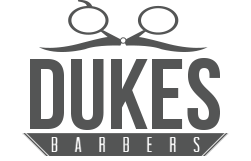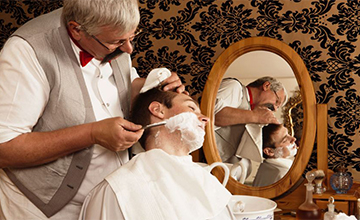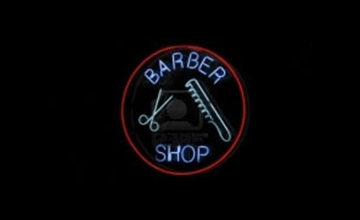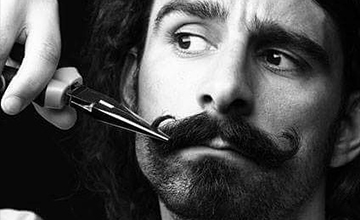Today visiting our Barbers in Oxford will ensure the very best of hairdressing experiences, coupled with a warm, friendly atmosphere; but things were not always as cordial and relaxing as they have become.
The profession of being a Barber, has its roots way back in the Bronze Age around 3500 BC, and evidence of this has been found in Egypt, where archaeological digs have unearthed relics of the trade including razors. Barbers were regarded as highly respected individuals in ancient Egyptian culture, where the majority of Barbers were either priests or medicine men. Early belief had it that evil spirits were able to enter a person through their hair and having it cut was a way to drive out these spirits.
As the Barbers in this ancient culture were revered as religious or spiritual leaders, they also performed marriage ceremonies and baptisms and during these ceremonies they would cut the men’s hair after the celebration to ensure no evil spirit could enter or no good spirit leave the body.
Around 296 BC the art of Barbering was introduced by the Greek colonies to the Romans and they set up specific Barber shops, which soon became extremely popular as meeting places for social gatherings, news and discussions. Men soon adopted a daily routine of visiting the Barber shop, to have their hair cut, beards shaved or just to meet with friends.
During the Middle Ages the duties of Barbers changed when they became known as Barber Surgeons and took to performing surgery and dentistry. As well as cutting hair and shaving, the Barbers of the Middle Ages performed enemas, teeth extraction, bloodletting, leeching, draining of boils, lancing of cysts, and other surgical procedures and when they had completed an operation, they hung the bloodied bandages around a pole to dry and this was where the origins of the Barbers Pole came from.
The significance of the Barbers pole was to indicate the two practices which the Barber undertook, the red for surgery and the white for barbering and the earliest poles were placed in a leech basin outside the shop. Barbers were paid better than surgeons for their services up until surgeons were taken aboard ships during the naval battles, when they were remunerated accordingly.
By the fourteenth century, academic medical surgeons were known as Surgeons of the Long Robe and Barber surgeons were known as Surgeons of the Short Robe and in 1505 Barbers were given their own guild and admitted to the faculty of the University of Paris. Ambroise Pare who was known as “The father of modern surgery and the greatest surgeon of the Renaissance,” is known to have started his career as a Barber Surgeon.
Look out for Part 2 of this interesting blog, brought to you by Oxfords leading Covered Market Barber.








